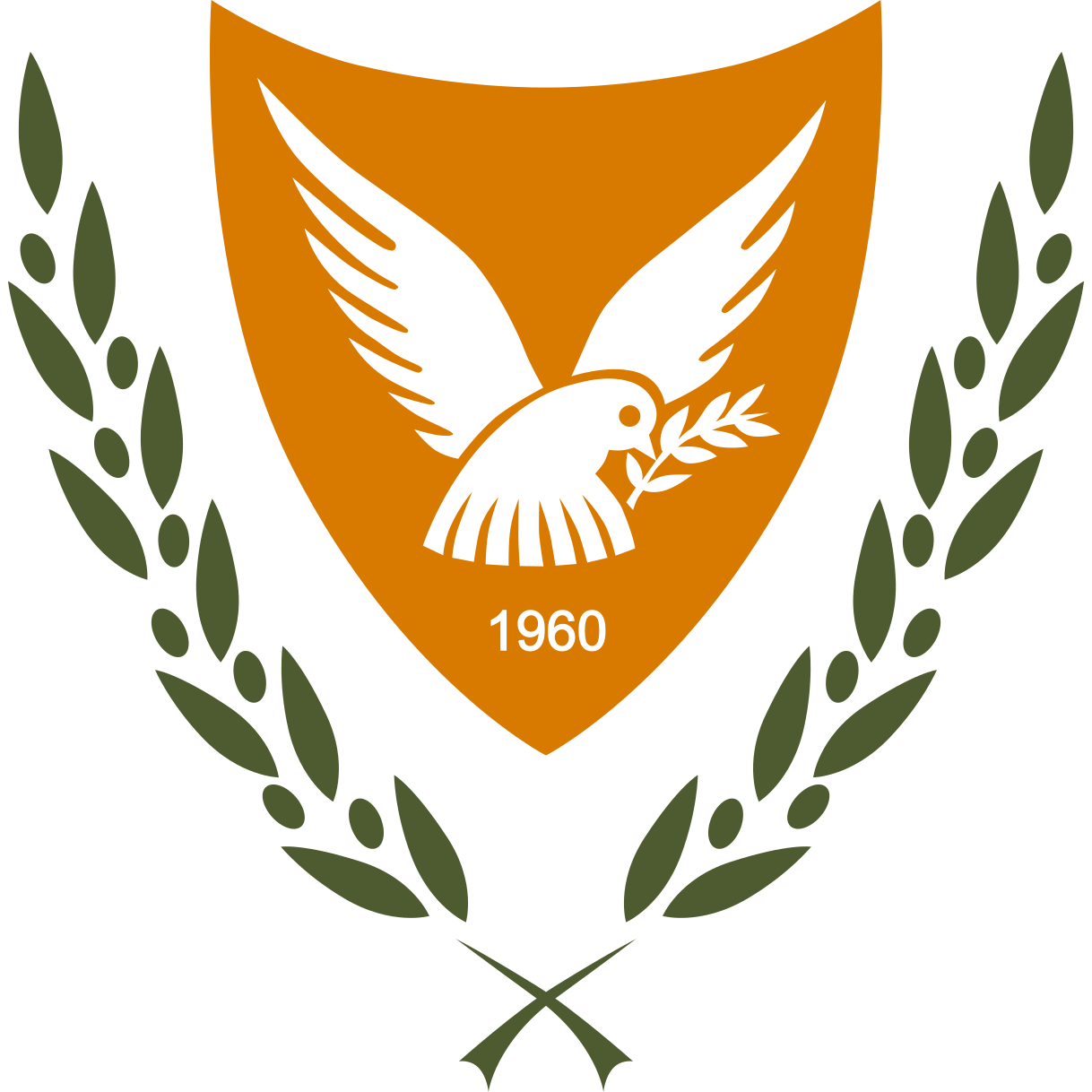

Sun Beds and Umbrellas
Provision of Sunbeds and Umbrellas
General Information
In order to place on the beach sunbeds and umbrellas for rent in the Republic of Cyprus, one needs to obtain a licence for the provision of public beach services by the Municipal or Community Council, within the boundaries of which the beach belongs to.
Based on The Foreshore Protection Law (cap 59), the term “provision of public beach services” refers to the placement, at specific spots on the beach, of sunbeds and umbrellas in order to rent or provide them to bathers; whereas, the term “beach” includes the area within 100 yards from the maximum tide level as determined by the Minister of Interior.
Application Submission
Who is Eligible
Every physical person or legal entity, following the public procurement procedures, is eligible to obtain the licence for the provision of public beach services, provided that the Municipal or Community Council is satisfied that the natural or legal person:
- Is at least 21 years old;
- Possess a Clear Criminal Record Certificate;
- Holds a diploma in first aid.
Moreover, in case that the pursuing of the specific activity relates to the compliance with requirements provisioned by different legislation of the Republic of Cyprus, the local Municipal or Community Council assesses the fulfillment of those requirements.
Where to Apply
The local Municipal or Community Council publishes a public procurement notice for licensing the provision of public beach services. Interested parties submit their tender documents to the relevant Municipal Council or Community Council.
Which Certificates must be Submitted
The tender documents should be accompanied, among others, by the following documents:
- Copy of Identity Card or Birth Certificate;
- Original Clear Criminal Record Certificate;
- Copy of Diploma for First Aid recognized by the Cyprus Government or the appropriate authority of the member state of establishment;
- Copy of a certificate from the competent local authority that the interested person has no financial, contractual or tax obligations to it;
- A fee may be applicable in accordance with the public procurement notice for the obtainment of the tender documents.
On-site inspections are carried out, by authorized inspectors of the Municipal/Community Council in order to supervise and approve the facilities and equipment.
Fees Applicable & How to Pay
A fee may be applicable in accordance with the public procurement notice for the obtainment of the tender documents.
The licence’s rights/fee depends on the tender of the successful tenderer
Decision Notification
The applicant is informed regarding the authorization decision within three months from the date that the tender documents and supporting documents were duly submitted.
Licence Validity Period
The licence duration depends on the public procurement agreement. The licence is renewed by following the same procedure as described above.
Dispute with the Competent Authority's Decision
How to File an Administrative Action
Administrative Action against a Competent Authority’s Decision
Any person may file an Administrative Action at the Administrative Court against a decision, act, or omission of any competent authority or body.
Pursuant to Article 146 of the Constitution, an Administrative Action may be lodged within 75 days from the date of the decision or act or omission or from the day when such decision or act or omission was notified to the applicant.
The Administrative Court acts as a cassation Court and not as a substantive Court. In other words, the Administrative Court may:
I. Dismiss the Administrative Action
II. Annul wholly or partially the contested decision or act
III. Compel the relevant authority or body to take a certain action
After a decision is annulled, the authority and/or public body must reverse things back to the state prior to when the concerned decision and/or act was executed and reexamine.
How to Appeal
Appeal Information
An Appeal may be filed against the Administrative Court’s first-instance decision within a period of 42 days from the date such a decision was given.
At the Supreme Court (Court of Appeal Section) hearing, the contested issue of the appeal remains the legality of the decision or act already adjudicated. However, such a revision of the legality of the decision or act is solely examined on the matters and the extent that the two parties have limited the reasons in the relevant notice of appeal.
The decision adopted by the Supreme Court is considered final in relation to the matter that has been judged.
Legislation & Obligations
Which Laws and Regulations Apply
- Τhe Foreshore Protection Law (cap 59)
- Τhe Foreshore Protection Regulations
What are my Obligations
Licensed persons to provide public beach services, are obliged to comply with the provisions of the Foreshore Protection Law (cap 59), and relevant regulations, as periodically amended, as well as with the terms and conditions of the licence set by the Municipal or Community Council.
Indicatively, licensed persons are obliged to comply, among others, with the following:
- Sun beds and umbrellas should be placed between three to five meters from the coast line at the highest tide, in order to allow free access to the beach;
- The number of sun beds and umbrellas allowed to be placed in a certain area, as well as the distance between them, is specified at the «Use of Coast Plan», in order not to cover more than 50% of the area. The «Use of Coast Plan » is signed by the President of the Central Coast line Committee, deposited at the Municipality’s or Community’s offices and published at the Official Gazette of the Republic.
Authorized inspectors of the local Municipal or Community Council may, at any time, inspect the beach, for which the licence has been issued, in order to ensure compliance with the provisions of the relevant Laws and Regulations as well as with the terms and conditions of the licence.








